Many parents
of children face the dilemma of whether it's appropriate to visit a child
psychologist when they notice behavioral issues in their children or not.
Parents who
have no prior experience with psychologists often feel apprehensive. I've
encountered situations where children, and sometimes even their parents, can't
distinguish between a psychologist and a psychiatrist. Even when parents are
dealing with serious issues with their child, they hesitate to seek
psychological help because they consider it a personal failure or evidence that
they've failed as parents.
To begin
with, I'd like to reassure parents that visiting a psychologist is nothing that
could harm your child in any way or something to be ashamed of. On the contrary, a child psychologist is an
expert who can help a child cope with issues differently than a parent can.
With younger children, it might involve play, and with older children, it could
be through conversation, or a combination of both, along with various
techniques, self-awareness, breathing exercises, and so on.
From what age can a parent seek a psychologist for their child?
A parent can
essentially visit a psychologist with their child at any age. I had a client
with whom we addressed the online issue of his 2.5-year-old daughter. I
instructed the father on how to work with the child to tackle the specific
issue through play, and after two online consultations with the father, he soon
sent me a message saying that they had successfully managed the problem they
were addressing remotely with their daughter. Such situations really please me
because working with such young children can be quite demanding. A child hasn't
yet fully developed the ability to express what they feel and why they behave
the way they do. In this particular case, since the family lived abroad, the
child didn't understand, but with a sensitive and patient approach and my
guidance, they were able to overcome the problem.
Of course, if
possible, it's always better to seek a psychologist who can personally attend
to such a young child. However, you should be prepared for the fact that it
will likely take some time before the psychologist gains the child's trust and
the child is willing to cooperate.
At this age,
it is advisable to consult a psychologist if your child is experiencing
problems with social integration in a preschool setting, behavioral issues,
self-control problems, or if they have experienced a traumatic event that has
led to a significant change in the child's emotional state or behavior.
And what about school-age children?
Since I work
as a school psychologist myself, I have repeatedly encountered the fear that
students have when it comes to talking to a psychologist because they believe
"they're not crazy, and they don't want medication for their minds"
and similar misconceptions. This is a very incorrect view of a psychologist. A psychologist is someone who listens to
the child, guides them through challenging times, provides support, and teaches
them to manage their problems more effectively. They help them cope with loss
and difficult life situations, build self-esteem and self-love, and also assist
children in dealing with bullying - effectively defending themselves and, most
importantly, emotionally freeing themselves from the shame and humiliation
often caused by the actions and words of bullying aggressors. Diagnosis and
medication treatment, if needed, are provided by child psychiatrists.
If you feel
that your child has been struggling with something for a while, and your
explanations aren't helping, it is truly advisable to seek help that can assist
you in handling the situation and resolving the problem. I have several
experiences as an online psychologist through Mojra, where a child was being
bullied at school, and just one consultation helped the child feel better and,
most importantly, break free from the devastating influence of the humiliating
words and behavior of the bullies who were tormenting them. During the online
consultation, we discussed situations, feelings, and needs with the children,
and I guided them to realize their own worth and free themselves from the
destructive influence of the aggressors' words. I also instructed the child on
how to defend themselves effectively because their natural self-defense methods
were not working; in fact, they were having the opposite effect and leading to
further harm. For many children, one such online conversation was enough for
them to realize who they truly are and that their identity has nothing to do
with the demeaning words of aggressors.
In my work, I
encounter children who are more anxious, withdrawn, and don't speak much. Even
these children need support, encouragement, and a boost in building self-esteem
so they can realize who they truly are and learn to value themselves.
Dear
parents, if you feel that your child is having difficulty managing their
emotions, and your explanations aren't helping, it's advisable to seek out a
psychologist who can work with your child differently. Especially with younger
children, they can use play-based methods to teach your child to better express
their needs and emotions and handle various situations.
Children
often struggle to put into words what's bothering them, and they frequently
manifest physical symptoms instead of saying, "I'm upset because..."
They might complain of a stomachache, headache, and so on. Even in such cases,
a psychologist can work with them and assist the child.
Certainly,
it's important to visit a psychologist with your child if they're experiencing
the loss of a loved one, if you've noticed a significant change in their
behavior, persistent sadness, withdrawal, or if you suspect they might be using
drugs or addictive substances.
Also, if your
child is withdrawing from their friends, losing interest in their hobbies, it's
appropriate to seek help, preferably as soon as possible. It's always easier to
address a problem in its early stages than when it has escalated.
In recent
times, we've witnessed a significant increase in childhood depression,
self-harm, even suicide attempts, as well as violent behavior towards other
children, children intoxicated by alcohol or drugs, and all these issues can
sometimes result from parents not addressing their child's problems in a timely
manner.
Therefore, I
appeal to you, parents, to set aside pride and seek help when your children
face problems before it's too late. Even a short period of bullying at
elementary school can cause great pain in a child's soul, which, if left
unresolved, can lead to significant problems, a distorted self-image, and
emotional pain that adolescents may cope with through risky behavior towards
themselves or others, such as drug use, self-harm, or violent behavior towards
those who cannot defend themselves. I firmly believe that no parent wants to
see their child go through something like that. Let's do everything we can to
ensure that children receive adequate psychological help for their mental
injuries and issues.
Article author: Mgr. Jitka Kneslová, psychologist at the
online counseling MOJRA.

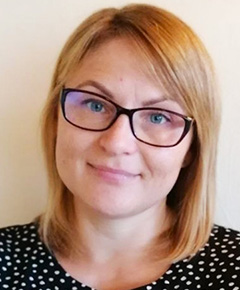















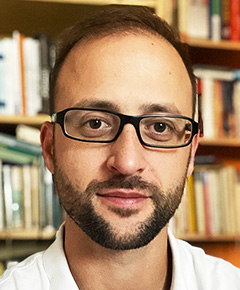


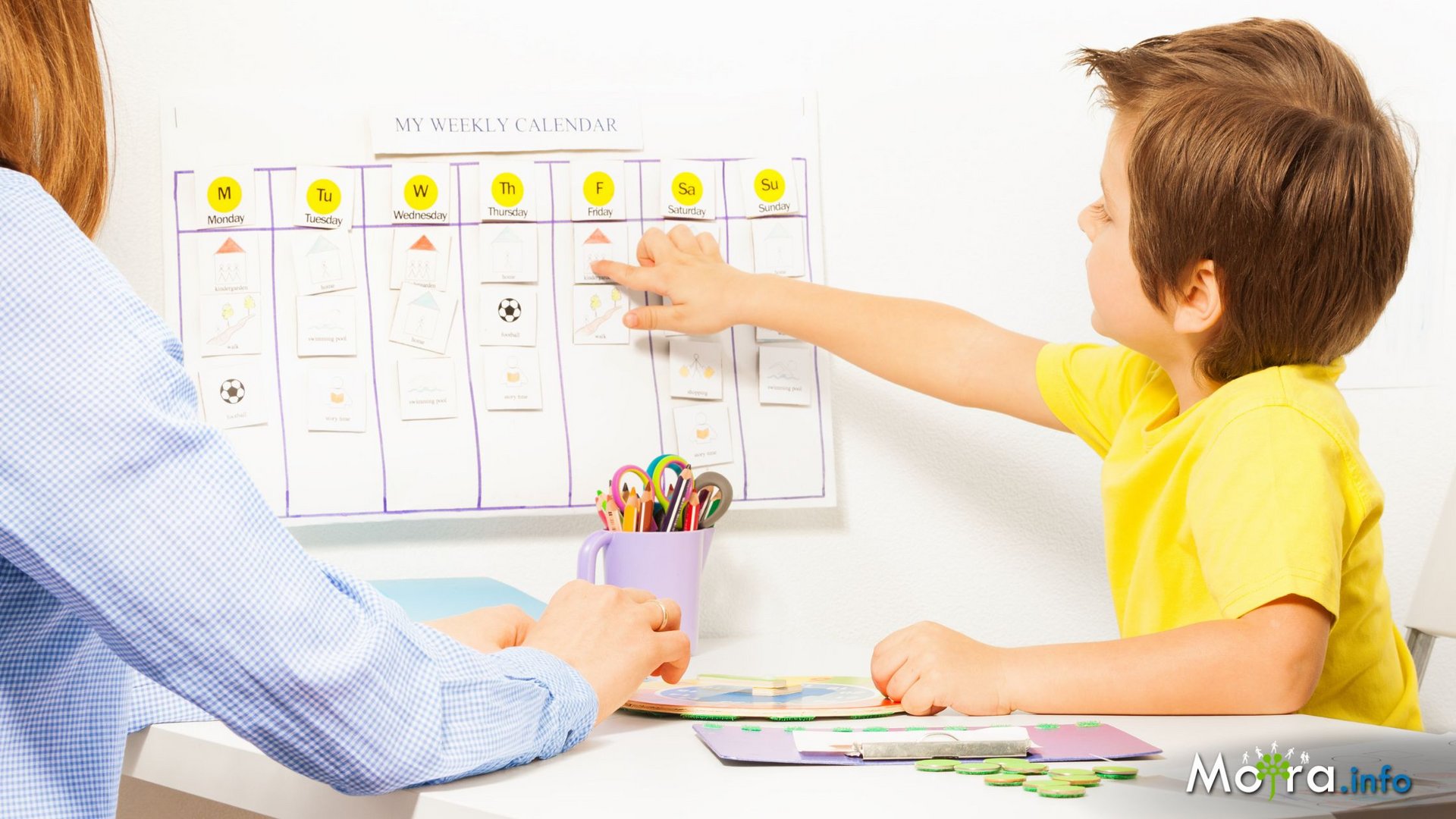
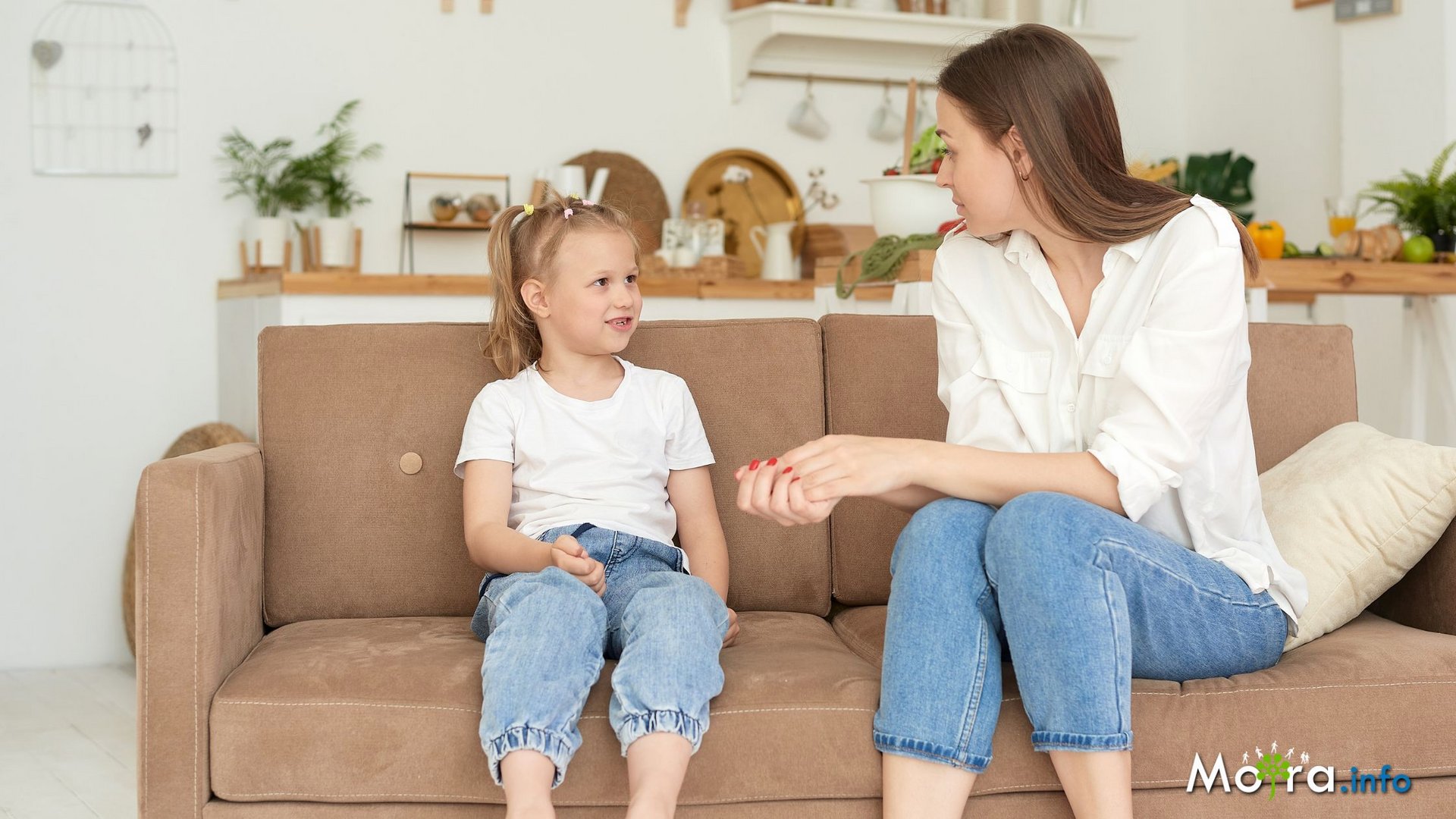
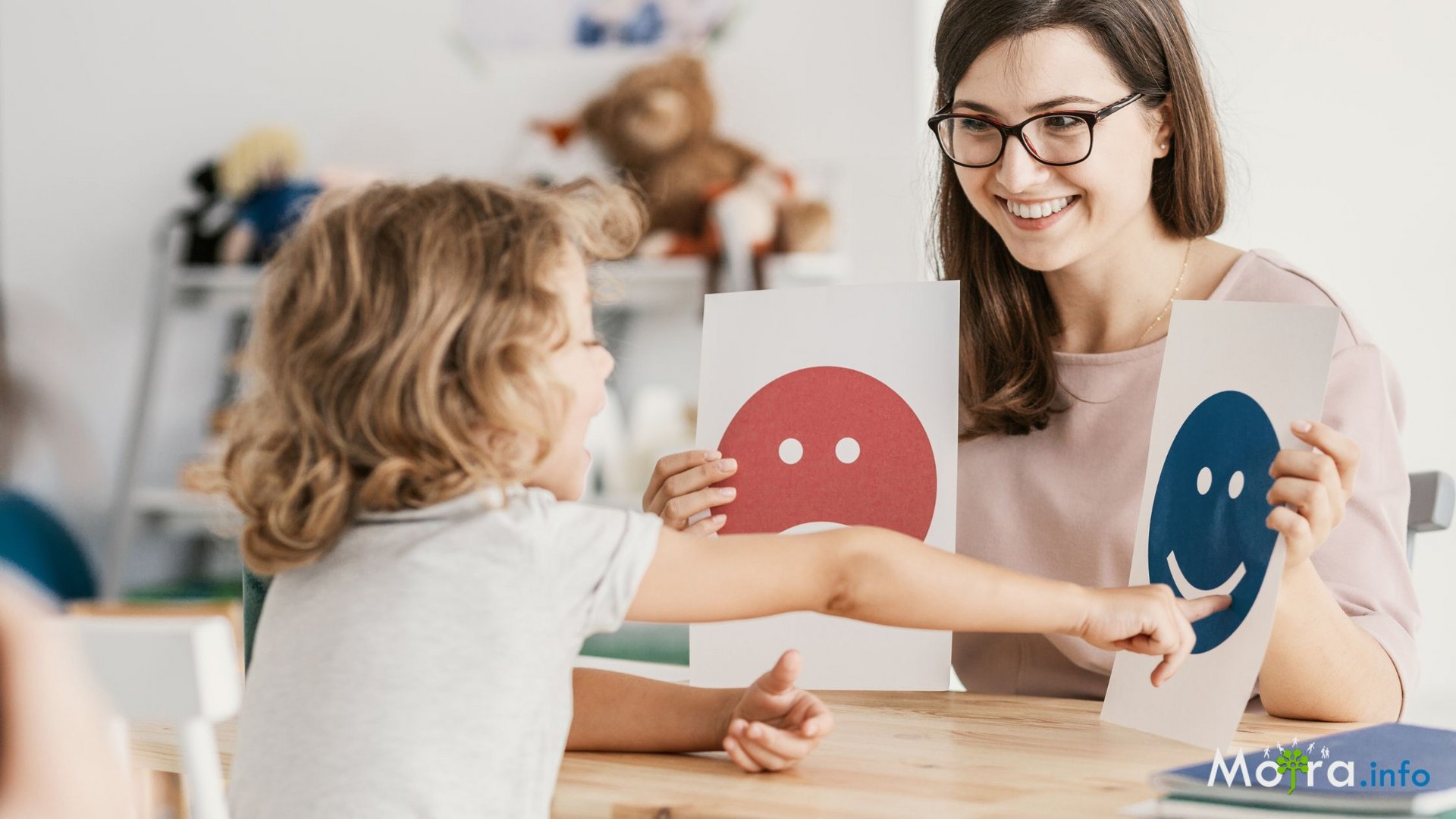



Enter your comment.